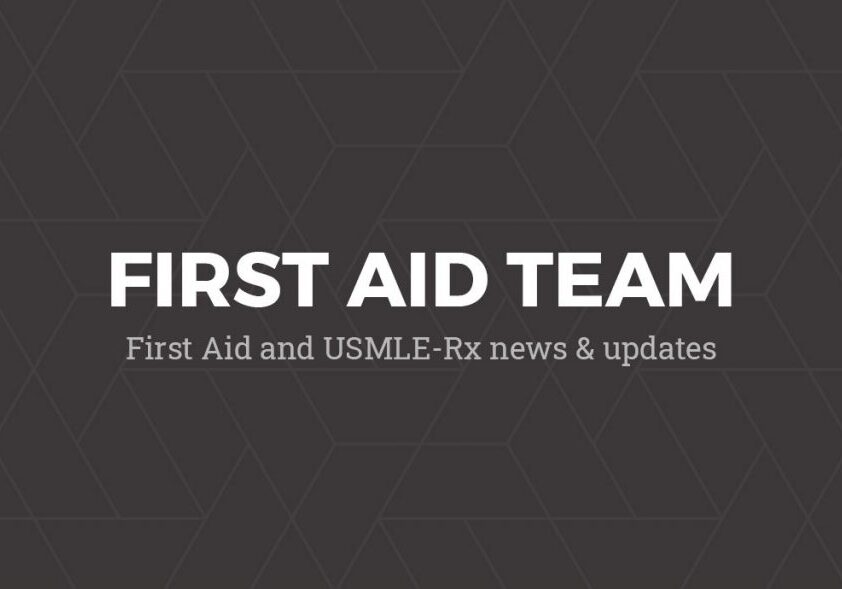Fady Akladios
 In my first year of medicine, a few colleagues and I had a discussion about the best medical specialty to pursue. Most of the arguments made were about how physicians in one specialty have exotic cars or how these other specialists went on amazing vacations. Most of the fields my colleagues talked about were the so-called “ROAD-to-happiness” specialties (radiology, ophthalmology, anaesthesiology, dermatology); specialties with relatively comfortable work schedules and even more comfortable incomes.
In my first year of medicine, a few colleagues and I had a discussion about the best medical specialty to pursue. Most of the arguments made were about how physicians in one specialty have exotic cars or how these other specialists went on amazing vacations. Most of the fields my colleagues talked about were the so-called “ROAD-to-happiness” specialties (radiology, ophthalmology, anaesthesiology, dermatology); specialties with relatively comfortable work schedules and even more comfortable incomes.
As I rotated through the different clerkships, I came into contact with physicians from the aforementioned specialties in addition to several others. I was surprised by how some physicians were not happy with their career choices while some were very happy with every decision they made along the way. While income and lifestyle were the only the factors mentioned in our casual first-year conversations, these practicing physicians focused more frequently on job satisfaction (i.e. how happy they were with their daily work).
As a medical student, you have a window of around two years of exposure to a wide array of specialties during your clerkships, and you are supposed to make an informed lifetime commitment halfway through it all. In choosing my specialty of choice, I found a couple of strategies helpful when exploring the different fields of medicine.
- Core clerkships are there for a reason. While there are minor variations in what is considered “core” between different schools and systems, you will almost invariably be exposed to the main areas of medicine and how each are approached differently. You may not find your calling in those clerkships, but they will at least help you narrow down your search (whether that be surgical specialty, medical, pediatric, or psychiatric).
- Early electives. Do electives in your specialties of interest early in your clinical years. You hit two birds with one stone that way: you know if you really like that specialty, and you get letters of recommendation in time for your residency applications. If your school doesn’t allow electives that early, try to arrange your schedule to maximize exposure to these or related specialties.
- Ask around. Try to really explore the specialty you rotate through as well as the other fields of medicine with which you interact. Ask your attending physicians what they love and hate about their work. Ask them if they would have taken a different path had they had the chance to do it all over again. Also, ask the residents these same questions with the understanding that residents who are closer to finishing their training may have a better perspective to answer them.
- Money is not everything. Money and lifestyle are not the sole considerations to bear in mind when choosing a specialty. What is the value of money if you don’t feel happy with your career choice? Include your interest in the field itself, opportunities to specialize or subspecialize, availability of research opportunities, burnout rates, and more in your thought process. Income is an important factor, especially after a long, difficult journey filled with debt, but it should be not be the only factor.
- Career counseling: Some schools offer career counseling. You can also check out some of these online resources that may be useful as you seek areas of interest:
http://www.ama-assn.org//ama/pub/education-careers/becoming-physician/choosing-specialty.page
http://www.med-ed.virginia.edu/specialties/
I wish you all a successful decision-making process to find your ideal specialty of choice in the rapidly evolving medical landscape.


